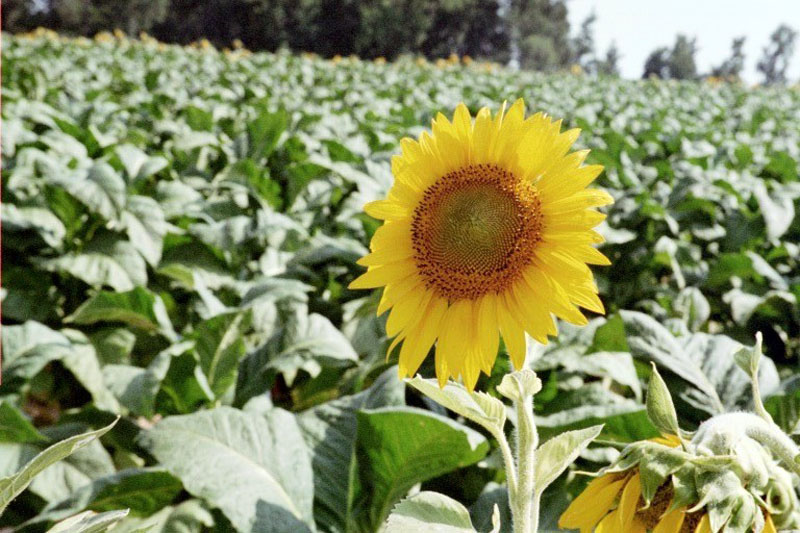Focusing minds

In an organic tobacco program, sunflowers serve as a trap crop for beneficial insects.
With the recent news that insect populations are being destroyed around the world at an alarming rate, many observers will be eager to read about how British American Tobacco is investing in sustainable agriculture.
BAT on Friday published its 2018 Sustainability Report, which outlines its ‘work and progress across its three strategic focus areas of harm reduction, sustainable agriculture and farmer livelihoods, and corporate behaviour’.
‘Now in BAT’s 17th year of sustainability reporting, this report details how BAT is championing change in its business and industry and is transforming tobacco to create shared value for its consumers and stakeholders across the value chain,’ BAT said in a note on its website announcing publication of the report.
One of the ‘highlights’ of the announcement said that the company was investing more than £60 million annually to promote sustainable agriculture and enhance farmer livelihoods.
Another pointed to a ‘profile of BAT’s new digital farm monitoring system, and how it is improving sustainable agriculture and farmer livelihoods by helping to ensure that issues are identified and addressed in real time’.
And yet another pointed to a ‘feature on child labour that outlines BAT’s commitment to combatting it within its business and supply chain, and its partnerships with stakeholders to drive industry-wide change’.
Other environment-focused highlights are said to include ‘BAT’s research and initiatives to tackle the complex issue of cigarette filter littering’, and its ‘new carbon emissions reduction targets for 2030 as well as other targets to further reduce its environmental impact through reduced resource use, improved water stewardship and reduced waste’.
The note’s first-mentioned highlights, however, concerned the company’s potentially reduced risk products.
Jack Bowles, chief executive designate, was quoted as saying that BAT’s sustainability agenda would be key to its future success.
“A culture of responsible behaviour is even more relevant in today’s world, and I firmly believe we all have a role to play in delivering with integrity,” he said.
“It is also clear to me that our sustained investment in farming communities and our continued focus on issues such as responsible marketing, protecting human rights and excellence in environmental management means that we are in excellent shape for the future.”